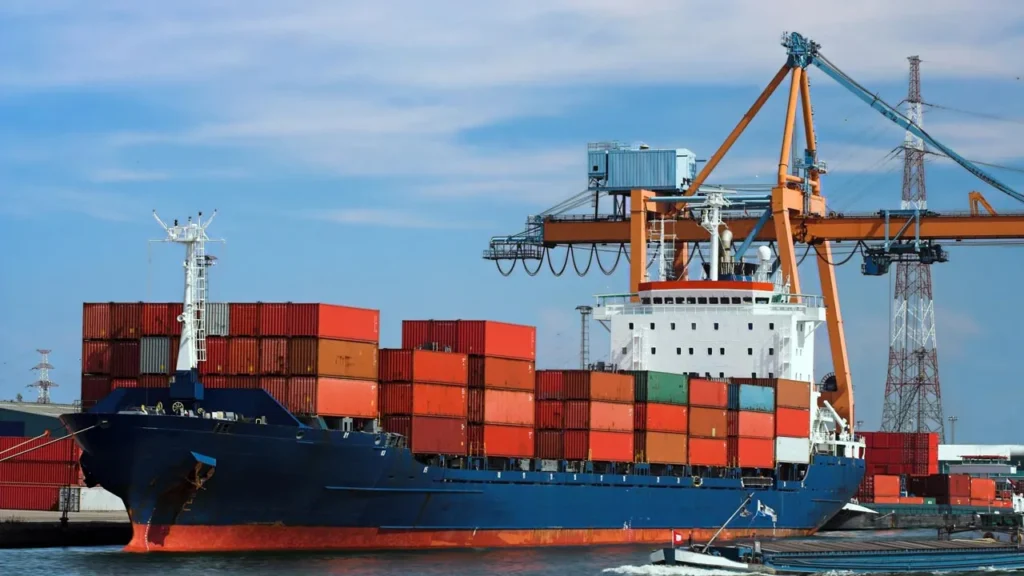Nigeria’s maritime tourism sector may soon witness a significant turnaround as the federal government intensifies strategic efforts to harness opportunities in the marine and blue economy. With the global maritime tourism industry valued at over $6.45 trillion, experts believe that Nigeria is well-positioned to tap into this lucrative market provided targeted investments and policy reforms are pursued.
Despite an extensive coastline and rich natural endowments, Nigeria currently ranks among the lowest globally on the marine tourism index. Stakeholders argue that inadequate infrastructure, inconsistent policies, and persistent security concerns have long hindered the sector’s development.
Speaking on the issue, freight forwarder and industry expert Eugene Nweke emphasized the enormous potential of Nigeria’s maritime tourism industry for economic growth and global competitiveness.
According to Nweke, “To realise this potential, Nigeria must invest in modern ports, marinas, and recreational facilities, promote public-private partnerships, enhance security, develop coastal communities, and foster multi-sectoral collaboration.”
The recent creation of the Ministry of Marine and Blue Economy by the Bola Tinubu administration is seen as a pivotal step toward addressing these longstanding gaps. Nweke added that the forthcoming Marine and Blue Economy Development Policy Plan could offer the much-needed strategic direction.
He said: “The policy thrust of the administration’s ‘Renewed Hope’ agenda, particularly with the establishment of the Marine and Blue Economy ministry, can significantly boost Nigeria’s maritime tourism industry. This vision could lead to economic diversification, sustainable growth, and improved global competitiveness.”
Key stakeholders have also thrown their weight behind the government’s renewed focus.
Former Director-General of the Nigerian Maritime Administration and Safety Agency (NIMASA), Dr. Bashir Jamoh, previously highlighted the need for collaboration between the tourism and maritime sectors, calling it essential for Nigeria’s economic future. Similarly, Abiodun Odusanwo, President of the Institute for Tourism Professionals of Nigeria, emphasized that unlocking Nigeria’s maritime tourism potential requires robust multi-sectoral collaboration.
Nweke stressed that these endorsements should be taken seriously, as they align with the core mission of the newly established ministry. He outlined five critical strategies: infrastructure investment, public-private partnerships promotion, enhanced maritime security, coastal community development, and cross-sectoral collaboration, 9am News Reports.
According to Nweke, the benefits are substantial. A well-developed maritime tourism sector could create thousands of jobs, generate significant revenue, and advance Nigeria’s economic diversification efforts, reducing the country’s reliance on oil.
“By implementing these strategies, Nigeria can fully tap into its maritime sector’s vast potential, stimulate economic growth, and create sustainable employment opportunities,” he emphasized.
On a final note, Nweke urged the Ministry of Marine and Blue Economy to deploy every political will necessary for the ratification, approval, and implementation of the Marine and Blue Economy Development Policy draft.
As Nigeria charts a new course toward maritime tourism development, experts agree: collaboration, commitment, and political will are vital to transforming the nation’s blue economy ambitions into reality.
Stay tuned to 9am News Nigeria for more Breaking News, Business News, Sports updates And Entertainment Gists.
















